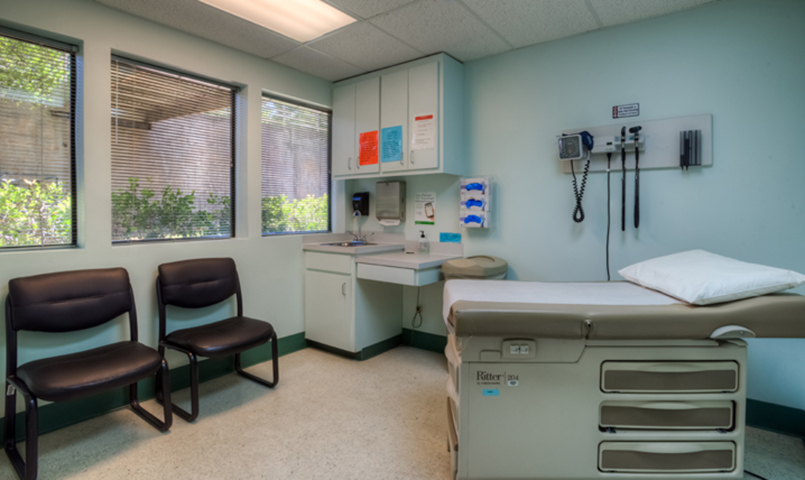Up to 80 percent of an individual’s health is determined by social factors. Black and Latinx individuals are up to six times more likely to die of COVID-19 and are up to seven percent more likely to suffer from chronic conditions such as obesity and diabetes than their white counterparts.
The key strategy to alleviating these disparities is addressing the social needs that create them, such as food insecurity, homelessness, and lack of access to health care.
One of the biggest barriers to this approach is the standardization and sharing of social needs data between health care providers and community organizations. For instance, a doctor needs to be able to record information about their patients’ social needs in a standardized manner and securely share that information for referrals to relevant organizations, such as food banks or housing authorities. But that isn’t the only problem: an effective solution requires advances in payment strategies, provider/patient education, and data sharing all occurring in tandem. COVID-19 and recent movements for racial justice have underlined the gravity of these issues. The Texas Legislature has the opportunity to improve health equity by addressing these technical gaps.
Currently, Texas participates in regional Health Information Exchanges, which only share information between health care providers. San Antonio’s exchange, Healthcare Access San Antonio (HASA), has tried to expand their reach to capture social needs information, but there has yet to be a coordinated statewide effort. Texas policymakers could encourage statewide expansion of Health Information Exchanges to cover social needs data sharing or incentivize the adoption of existing referral tools. Also, standards must be created for recording social needs data on these platforms.
Alternatively, following the model of San Diego’s 2-1-1 Community Information Exchange, the state could expand the existing 2-1-1 Texas program. The San Diego government expanded its 2-1-1 program to allow health care providers to make referrals and communicate with social services organizations. Patients then received assistance with issues that directly impact their health, such as homelessness and food insecurity.
Regardless of the approach, patient privacy must be protected through regulations such as allowing patients to opt-out of data sharing at any time. Minority populations already lack trust in health care systems due to historic injustices; therefore, such privacy measures are key to building the trust of these groups.
Yet, a platform for data exchange is not enough. In Texas, health care is largely based on a fee-for-service model, which does not pay for social needs interventions. For example, People’s Community Clinic in Austin runs a Medical-Legal Partnership, which connects patients to lawyers who help them navigate the complex legal environment. Between 2014 and 2015, the clinic was forced to pause this partnership because they were unable to secure enough funding. This example highlights the necessity for policymakers to push Texas’ Medicaid and Medicare programs towards value-based care, which reimburses providers for the overall health of their patients rather than the amount of medical treatments their patients receive. States like North Carolina have made advances in this realm by covering social needs interventions under Medicaid.
After data sharing improvements and payment reform are achieved, the barrier of education remains. Patients and providers need to understand the value of addressing social needs and take it upon themselves to utilize the established infrastructure. State policymakers can 1) establish programs to educate providers and 2) invest in community-based organizations to educate patients about social needs care.
Expanded health tech infrastructure is key to transforming the way we approach patient care. Health equity relies on investing in health care technologies and redefining health care with value-based payment and social needs education. Not to mention, these changes not only further equity, they save money. Addressing health disparities could save nearly $1.7 billion in state health care spending annually.
It is time for our policymakers to step up and create a health care system that works for all Texans.

